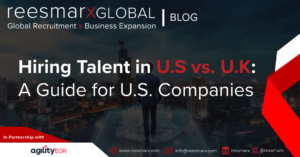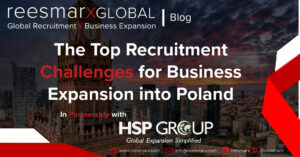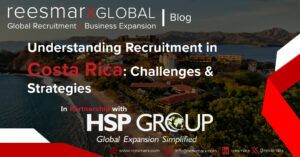In the What Works® 2015 brief published by Bersin for Deloitte, the survey data revealed that organizations were spending more time (and money) on recruiting. The report revealed that in every sector except healthcare, American companies spent on average $4,000 to fill an open personnel position. The new data studies an increase in recruitment costs by more than 30% since 2011.
What has changed when it comes to regional or global recruitment for technology, technical and executive placement? The survey data discusses that for career roles that require certification (such as technicians or medical staff) the recruitment costs and durations are lower. This makes sense for fields where skill testing and government certification is required, as candidates are already pre-evaluated and vetted for the required competencies of the role.
An economic upturn in the last year has also created more employment opportunities for job seekers. Globally, this trend has contributed to a more selective candidate, who is likely to carefully review job offers, rather than hastening to accept a new opportunity. In 2015 we saw a notable gap between organizations offering quality career positions versus ample candidates to fill the roles. There are more jobs than qualified candidates, which makes the current employment climate a ‘buyer’s market’.
Our Insights
The global recruitment team at reesmarx interviews qualified candidates and matches them to progressive organizations around the world. Candidates are not only motivated by the salary or health benefits offered in career roles, but take a more thorough and personal evaluative approach to prospective organizations.
Increasingly, the corporate culture of the hiring organization is a key factor for recruiting talented candidates, and the criteria can include a flexible work schedule, the ability to telecommute from home (if required) as well as corporate philanthropy and principals. Employee Assistance Programs (EAP) and other benefits that support a healthy lifestyle are also a determining factor for many candidates. Increased vacation time, subsidized fitness and wellness resources and other lifestyle oriented perks are offered more frequently to attract top performers to new organizations.
Is Increased Investment a Bad Thing?
While the time spent on finding, screening and matching qualified candidates with organizations has increased, it offers a number of long term cost savings benefits to both the employee and the hiring organization.
Candidates who spend more time evaluating all aspects of their potential satisfaction (career, family and life balance and corporate culture) are more likely to remain employed, and for longer durations. An actualized and happy employee is a productive one, and a good fit between the corporate culture and the candidate allows for the development of a successful long term career placement.
Given the time and investment costs of recruitment, allowing for extra consideration during the hiring process will contribute to less frequent turnaround for key staff, saving businesses the expense and inconvenience of replacing qualified employees.






